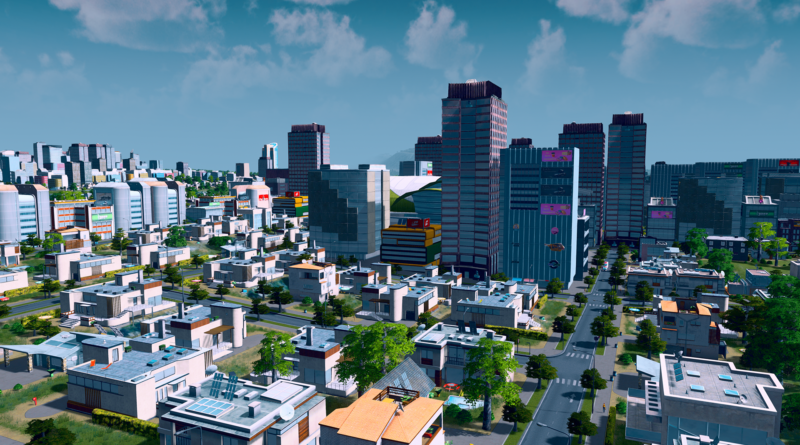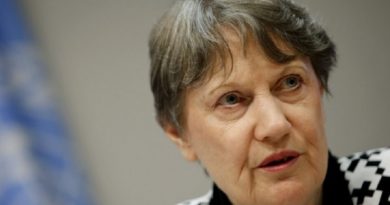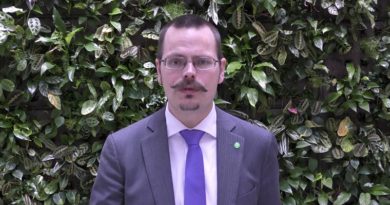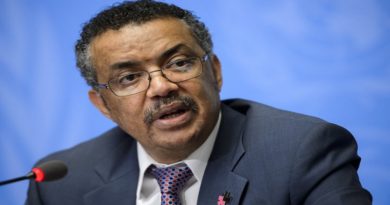Mayors call for investment in low-carbon, sustainable projects
Mayors of the world’s major cities have called for national governments and international financial institutions to help finance low-carbon and sustainable projects. These reforms are crucial for implementing the New Urban Agenda and meeting the goals of the Paris Agreement on Climate Change.
The C40 Cities Call for Action on Municipal Infrastructure Finance, details six reforms that if implemented would help create a sustainable and low carbon future for millions of urban citizens:
Development banks must be reformed to respond to city needs.
Cities must be granted direct access to international climate funds.
The power to control finance must be devolved to cities.
National governments must create a stable policy and regulatory environment.
Innovation, standardisation, pooling and pipelines must become the new normal.
Cities must be supported to develop their capacity to prepare and execute projects
The Call for Action was launched at the Habitat III Conference in Quito, by Mayor of Mexico City and C40 Vice Chair, Miguel Ãngel Mancera, Mayor of Madrid, Manuela Carmena and Mayor of Barcelona, Ada Colau, alongside Mayor of Quito, Mauricio Rodas; Mayor of Bogotá, Enrique Peñalosa; Mayor of Caracas, Helen Fernández and Mayor of Santiago, Claudio Orrego LarraÃn. The Call is endorsed by 27 leading international organisations, including the UN Environment Program, WWF, World Resources Institute, Natural Resources Defense Council and Overseas Development Institute.
Financing climate action in cities is a major priority for C40 and will be a key theme of the C40 Mayors Summit 2016, being hosted in Mexico City from November 30th- December 2nd. The Summit will bring together the world’s most influential mayors, representing 650 million citizens to present their common goals for a sustainable future, one year after COP21 in Paris.
Meanwhile the United Nations Secretary-General Ban Ki-moon today, urged the Mayors across the world to “take strong ownership†of a new global agenda for sustainable development in the towns and cities they represent.
Speaking to a gathering of some 400 mayors, representatives of local authorities and urban partner organizations, Mr. Ban made this call in the Ecuadorian capital, Quito, on the eve of the official opening of the UN Conference on Housing and Sustainable Urban Development, known by the shorthand Habitat III, which aims to re-think the planning and management of towns and cities across the world, through the adoption a the New Urban Agenda.
The Agenda, an action-oriented framework which will set global standards for achievement in sustainable urban development, should be prioritized alongside implementing the 2030 Agenda for Sustainable Development, and its 17 Global Goals, or SDGs, agreed by 193 UN Member States just over a year ago in New York, added the Secretary-General.
He pointed Goal 11, which “pledges to make human settlements inclusive, safe, resilient and sustainable.†And in that regard, “elected officials, Mayors, Governors and Councillors, are the forefront of the battle for sustainable development,†he said, to loud applause from delegates to the Second World Assembly of Local and Regional Governments, also known as the World Mayors Assembly.
“In short, your role is growing by the year. You are faced with the immediate daily demands of your people: for housing, transport, infrastructure, and basic services.â€
The Habitat III conference has been 20 years in the making; the third global summit of its kind, dedicated to housing and sustainable urban development.
By hosting the conference, Quito becomes the first city in the “Global South†to take on the role, and thousands have gathered to the picturesque capital, which straddles the equator. The city, with its historic and picturesque centre, was declared, a World Heritage Site by the UN Educational and Scientific Organization (UNESCO) in 1978.
Mayors and the New Urban Agenda
Urban development is seen as an increasingly important priority for the United Nations, as the world urban population is set to nearly double by 2050.
Ban praised the invaluable role played by mayors and other local government leaders, in devising the New Urban Agenda.
Although national governments must play a strong role in devising legislation and policies to make cities grow sustainably in the future, it was local and regional leaders who would have to “implement these visions on the ground.â€
Indeed, he said: “You must make the tough decisions on which issues to prioritize – because you have to manage budgets and balance sheets. You are accountable to national governments, and in many cases, to your local voters too .Your inputs into the New Urban Agenda were invaluable.â€
The development Goals and also the commitment to curb carbon emissions made through the Paris Agreement on climate change last December would be “under your direct leadership,†he told delegates in the main hall of Quito’s Casa de la Cultura Ecuatoriana.
“Take strong ownership of this vital agenda. Stand up for the people you represent,†he added.




